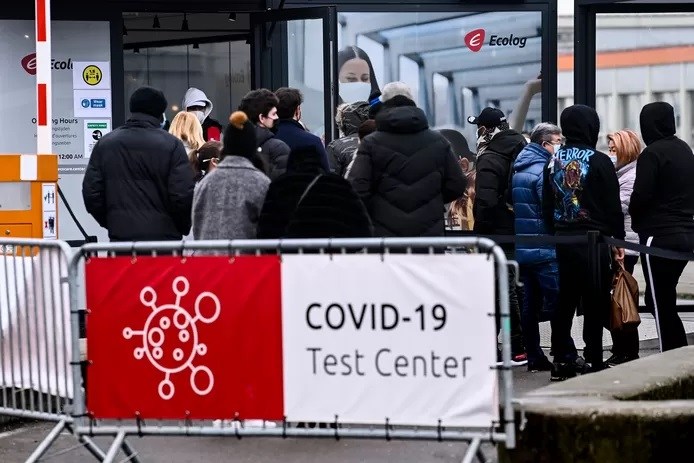Travellers returning from red zones have made up over one third (37%) of all positive coronavirus cases in Brussels since the start of July, according to the latest information from the region's Joint Community Commission (Cocom).
The region's track and trace call centre already follows up on people after a positive test, however, quicker action needs to be taken in light of these figures, said Inge Neven, head of the Brussels Health Inspectorate.
"We have asked the federal government to revise the procedure regarding the return of unvaccinated travellers from a red zone because we have noticed that many people with positive cases are returning from these zones," she told The Brussels Times.
"We have to react more strongly in order to catch everyone, so to speak, and to really follow up on the cases afterwards," she added.
Related News
- Travellers can soon verify own Covid documents to avoid airport waiting times
- Consultative Committee will meet at 2:00 PM on Friday
Under the current rules, travellers returning from a red zone in the European Union and without a vaccination or recovery certificate have to get tested on day 1 or 2 after returning, and they can end their quarantine period once they receive a negative result.
"We are now noticing that, especially for people returning from red zones, it is important that they go into quarantine for seven days and undergo two tests, which is what we are asking for at a federal level so that we can carry out more checks from thereon," Neven said.
Neven stressed that returning travellers must continue to be checked rigorously at the borders to ensure that they fill in a Passenger Locator Form (PLF).
The number of travellers returning to Brussels from a red zone has tripled since July, which has resulted in the rate of positive test results increasing rapidly - the positivity rate in the region is now 6%, compared to the Belgian average of 4.2%.
In addition to the 8,000 tests that are taken on average every week in Brussels' permanent testing centres, an average of around 1,000 tests has been taken in the region's pharmacies every day.

